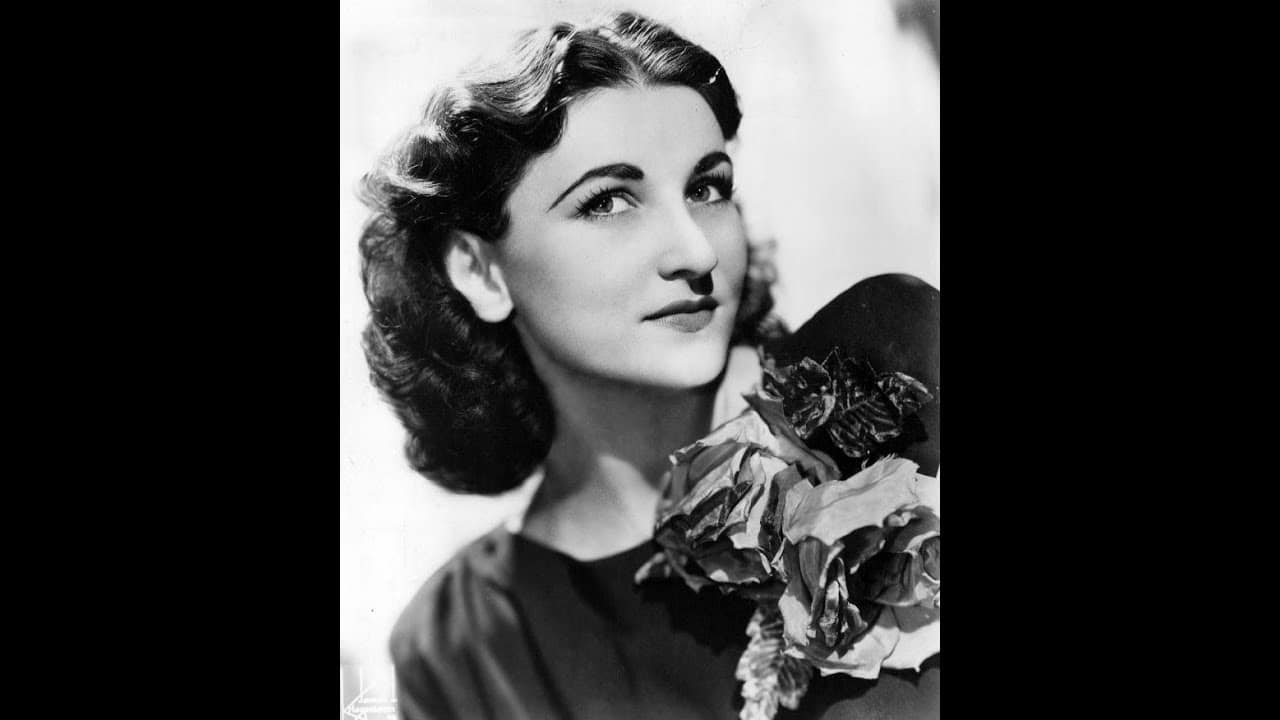New research: Women respond more intensely to music when pregnant
mainResearchers at the Max Planck Institute for Human Cognitive and Brain Sciences in Leipzig have found that pregnant women demonstrate much stronger responses to music, both positive and negative, than those who are not expecting a child. The difference, they suspect, may be connected to blood pressure and oestrogen levels.
In the research, short musical passages, 10-30 seconds long, were played to sample groups. Some were then played backwards or with dissonances. In every instance, the pregnant listeners rated their reaction more powerfully than the others.
‘Every acoustic manipulation of music affects blood pressure in pregnant women far more intensely than in non-pregnant women’, concludes Thomas Hans Fritz, the research leader. And there is no obvious reason why this should be so.

Abstract: Given a possible effect of estrogen on the pleasure-mediating dopaminergic system, musical appreciation in participants whose estrogen levels are naturally elevated during the oral contraceptive cycle and pregnancy has been investigated (n = 32, 15 pregnant, 17 nonpregnant; mean age 27.2). Results show more pronounced blood pressure responses to music in pregnant women. However, estrogen level differences during different phases of oral contraceptive intake did not have any effect, indicating that the observed changes were not related to estrogen. Effects of music on blood pressure were independent of valence, and dissonance elicited the greatest drop in blood pressure. Thus, the enhanced physiological response in pregnant women probably does not reflect a protective mechanism to avoid unpleasantness. Instead, this enhanced response is discussed in terms of a facilitation of prenatal conditioning to acoustical (musical) stimuli.





Comments